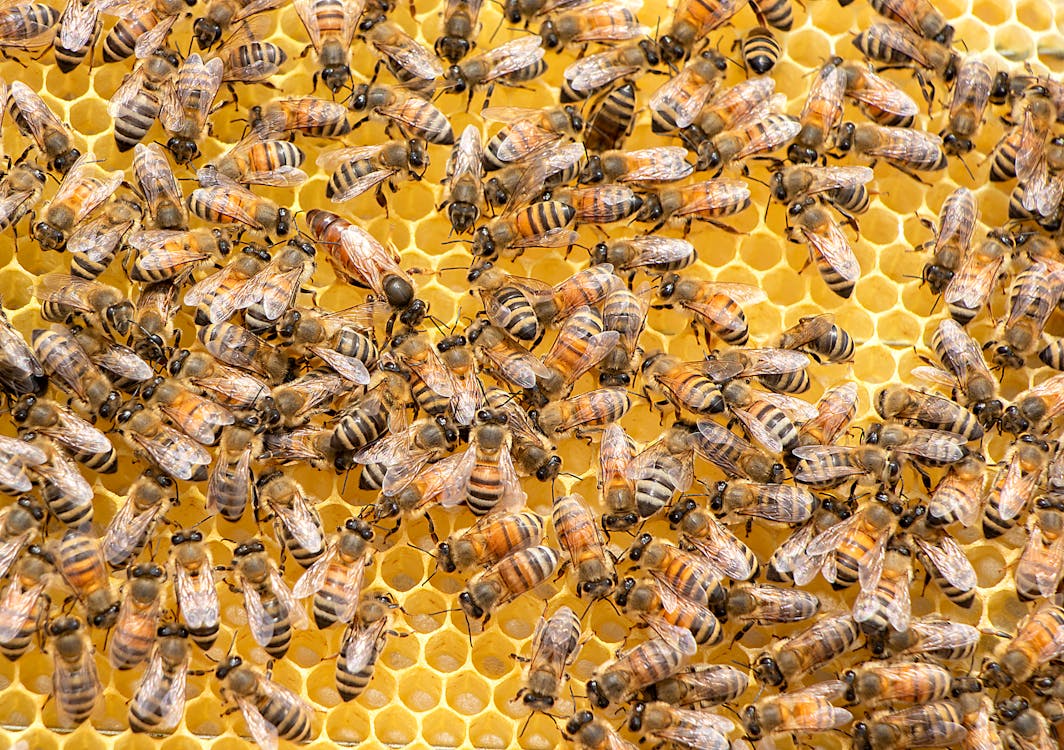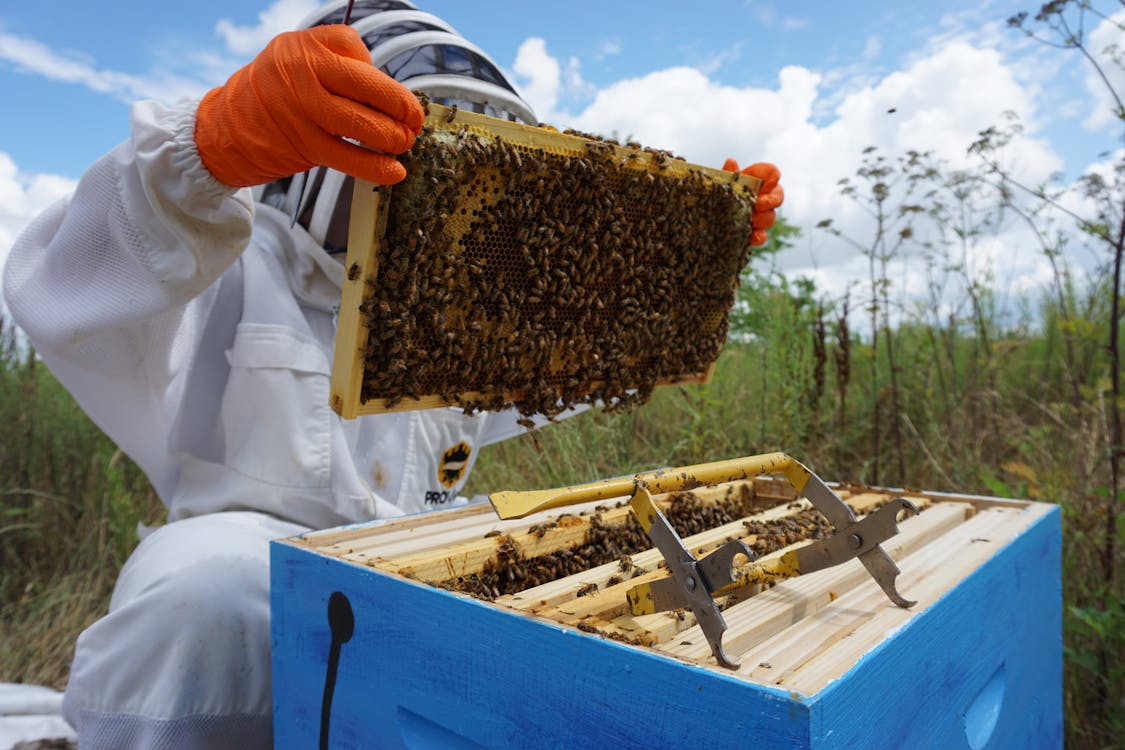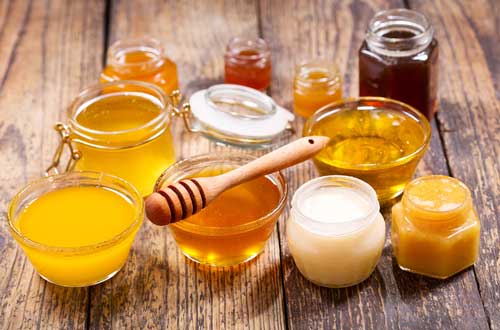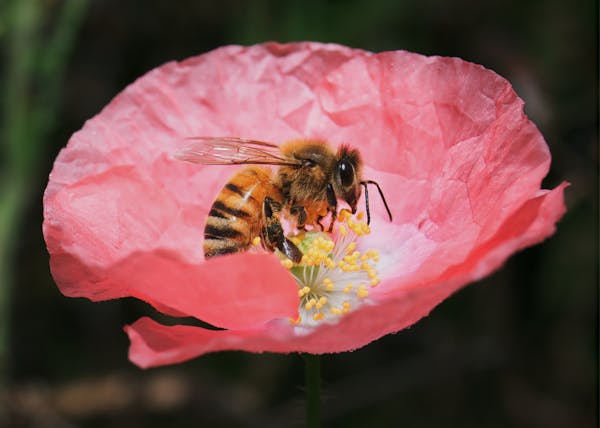Our journey through "Cultivating Tradition" has explored a diverse range of agricultural practices, from the art of grapevine cultivation in viticulture to the elegance of sericulture with its silken threads. Today, we venture into the world of bees, where beekeepers nurture colonies to produce the golden nectar of honey. This practice is known as apiculture.
Apiculture: Tending to Bee Culture
Apiculture is the practice of beekeeping, specifically the management of bee colonies for the production of honey, beeswax, pollination services, and other bee-related products. Beekeepers, known as apiarists, engage in apiculture by providing care, shelter, and maintenance for bee colonies, which often consist of honey bees such as the European honey bee (Apis mellifera). The primary products of apiculture are honey and beeswax, both of which have various culinary, cosmetic, and medicinal uses. Additionally, bee colonies are crucial for pollinating many agricultural crops, making apiculture vital for food production. Apiculture is more than just a form of agriculture; it's a dance with nature and a celebration of bees' essential role in the cultural and ecological landscape.
Cultural Significance of Apiculture
Bees and honey have held cultural significance for millennia. From the ancient Egyptians, who revered honey as a gift from the gods, to indigenous cultures that celebrate the honey harvest with rituals and ceremonies, apiculture is steeped in tradition and spirituality.
Honey isn't just a sweetener; it's a cultural treasure. Its flavors, colors, and aromas vary depending on the floral sources visited by the bees. In many cultures, different types of honey have specific culinary and medicinal uses, and honey serves as a key ingredient in traditional dishes and remedies.
Pollination and Ecosystem Health
Apiculture also serves as a backbone for agricultural pollination, supporting the vitality of numerous crops and ecosystems. The crucial role played by honey bees in transferring pollen between flowers enhances crop yields, promotes greater fruit set, and contributes to the diversity of agricultural produce.This interconnected relationship between apiculture and pollination is not only economically valuable, with beekeepers offering their services to farmers, but it also extends to environmental conservation. Bees, both domestic and wild, are critical to the health of ecosystems, facilitating the pollination of native plants and ensuring biodiversity.
Beekeepers as Stewards of Tradition
Beekeepers are often seen as stewards of tradition. They safeguard the knowledge and practices associated with beekeeping, passing them down through generations. Beekeeping is not merely a practice; it's a way of life that connects people to the rhythms of nature.
Apiculture connects us with the sweet culture of beekeeping. It's a reminder of the fragile balance between humans and the natural world. By practicing apiculture, individuals and communities contribute to the preservation of cultural traditions, ecological health, and the sweet rewards that bees provide.
Stay Tuned
Our exploration of apiculture is just one part of our journey through the cultural landscape of agriculture. In our upcoming posts in the "Cultivating Tradition" series, we will delve into olericulture—the science and art of growing and managing vegetable crops.
Thank you for being part of this adventure, celebrating the rich traditions of the land and the people who tend it.






